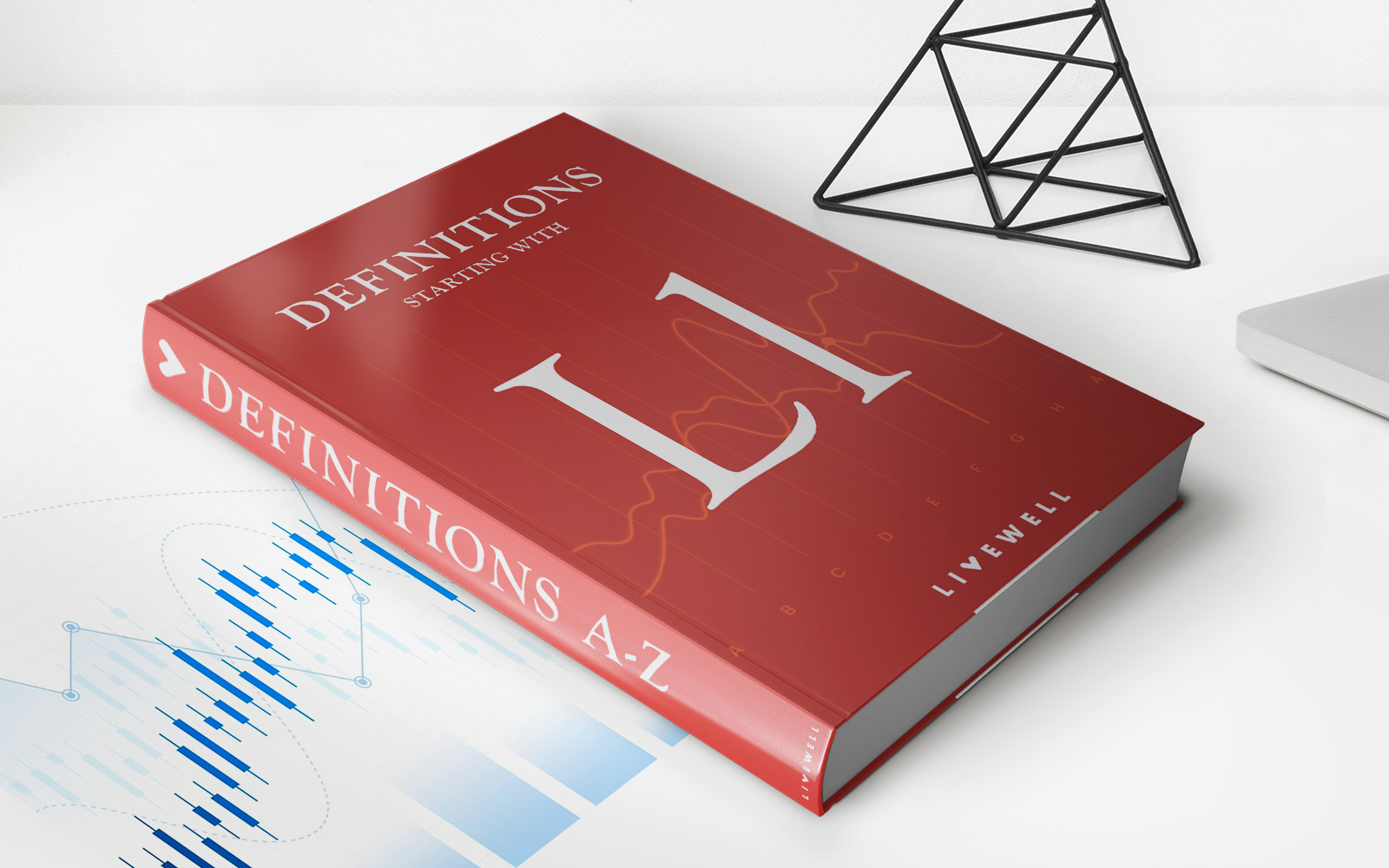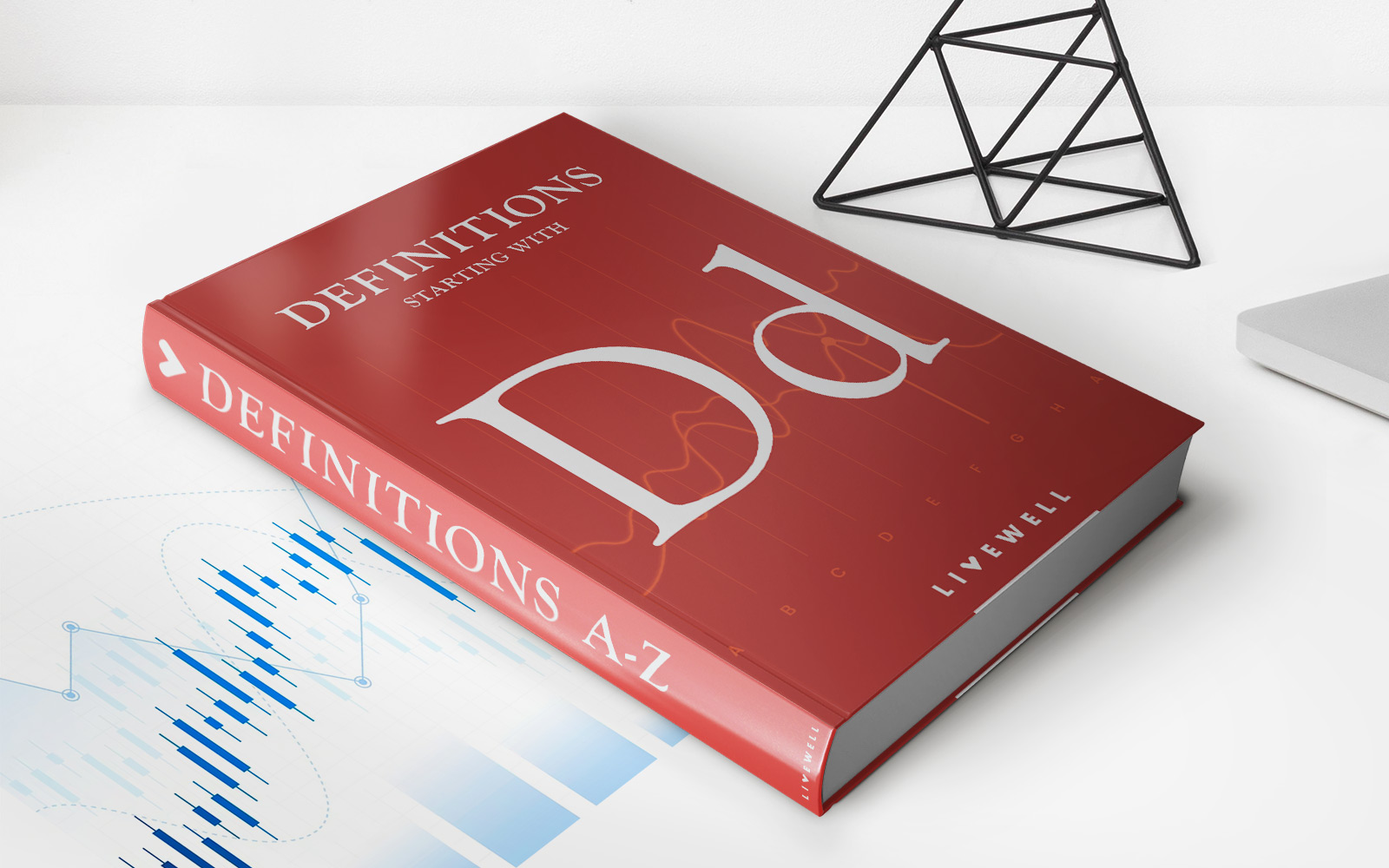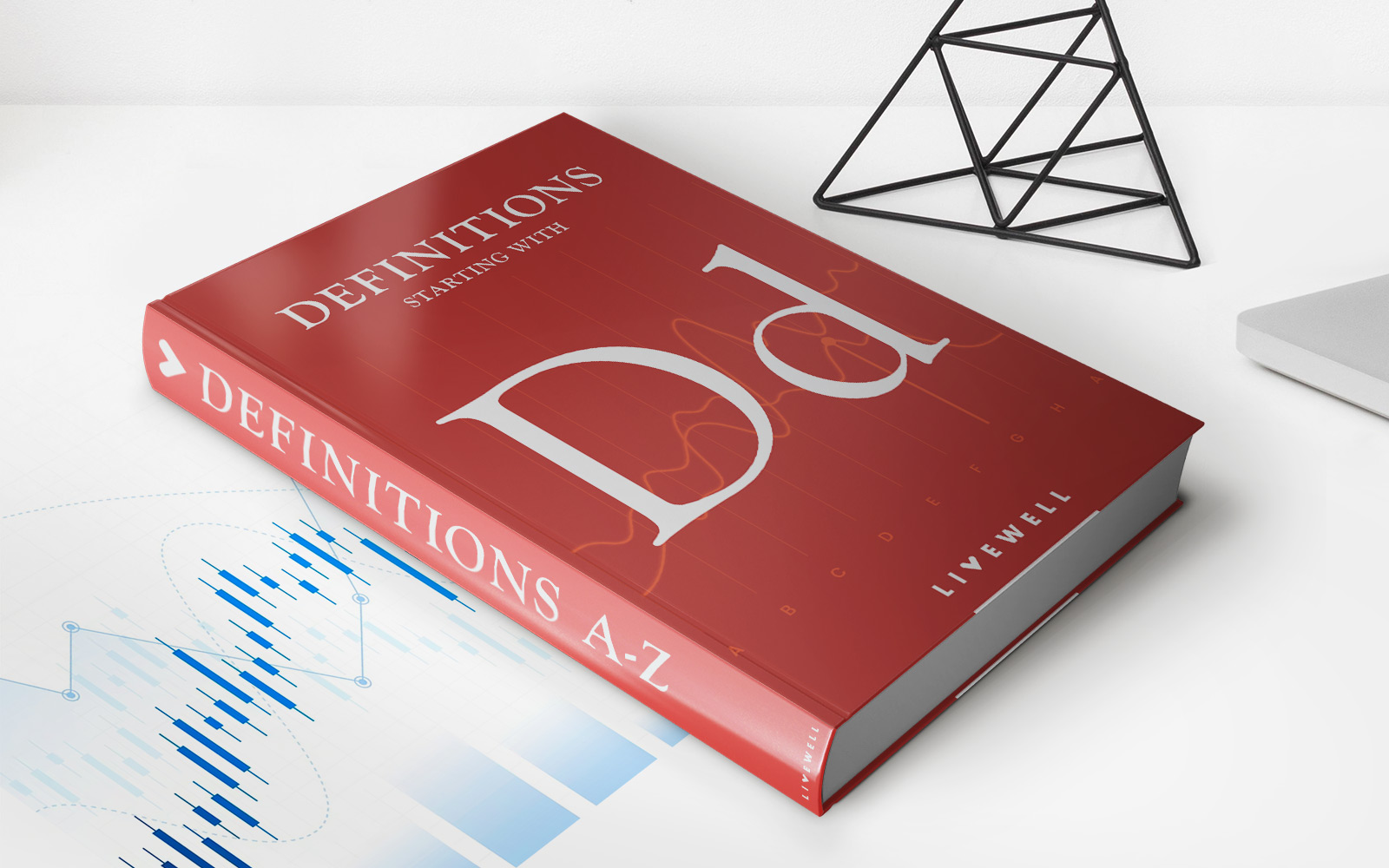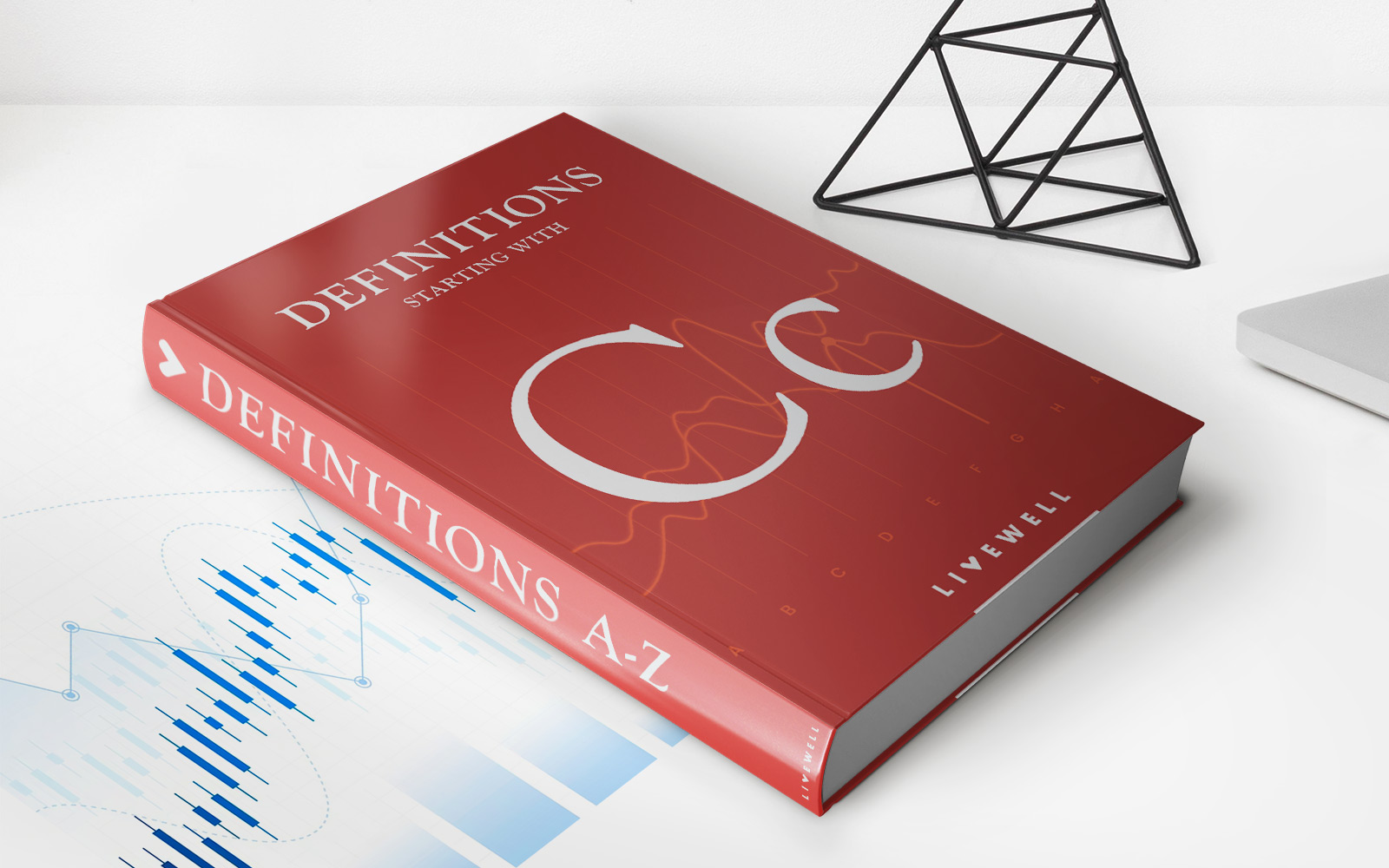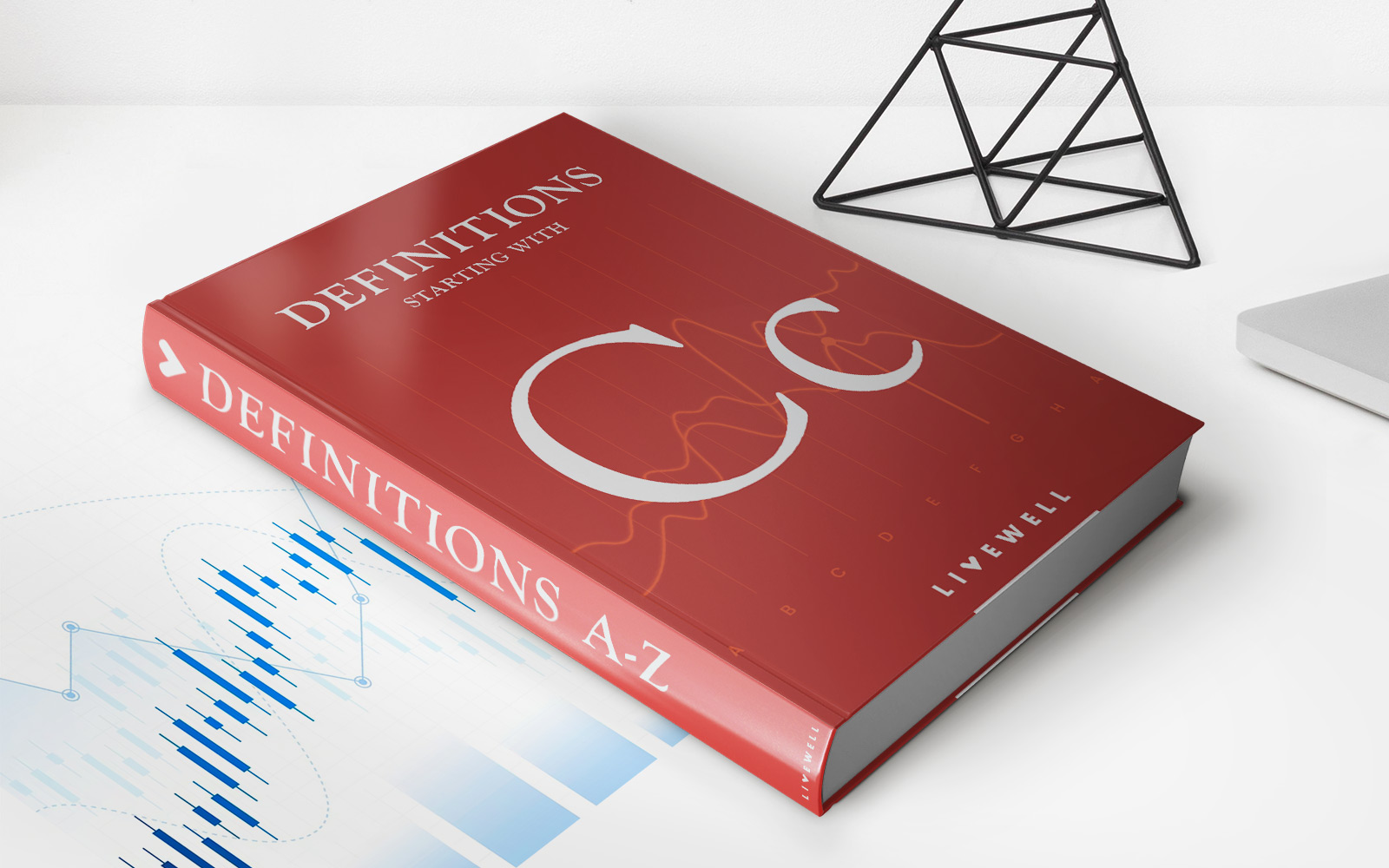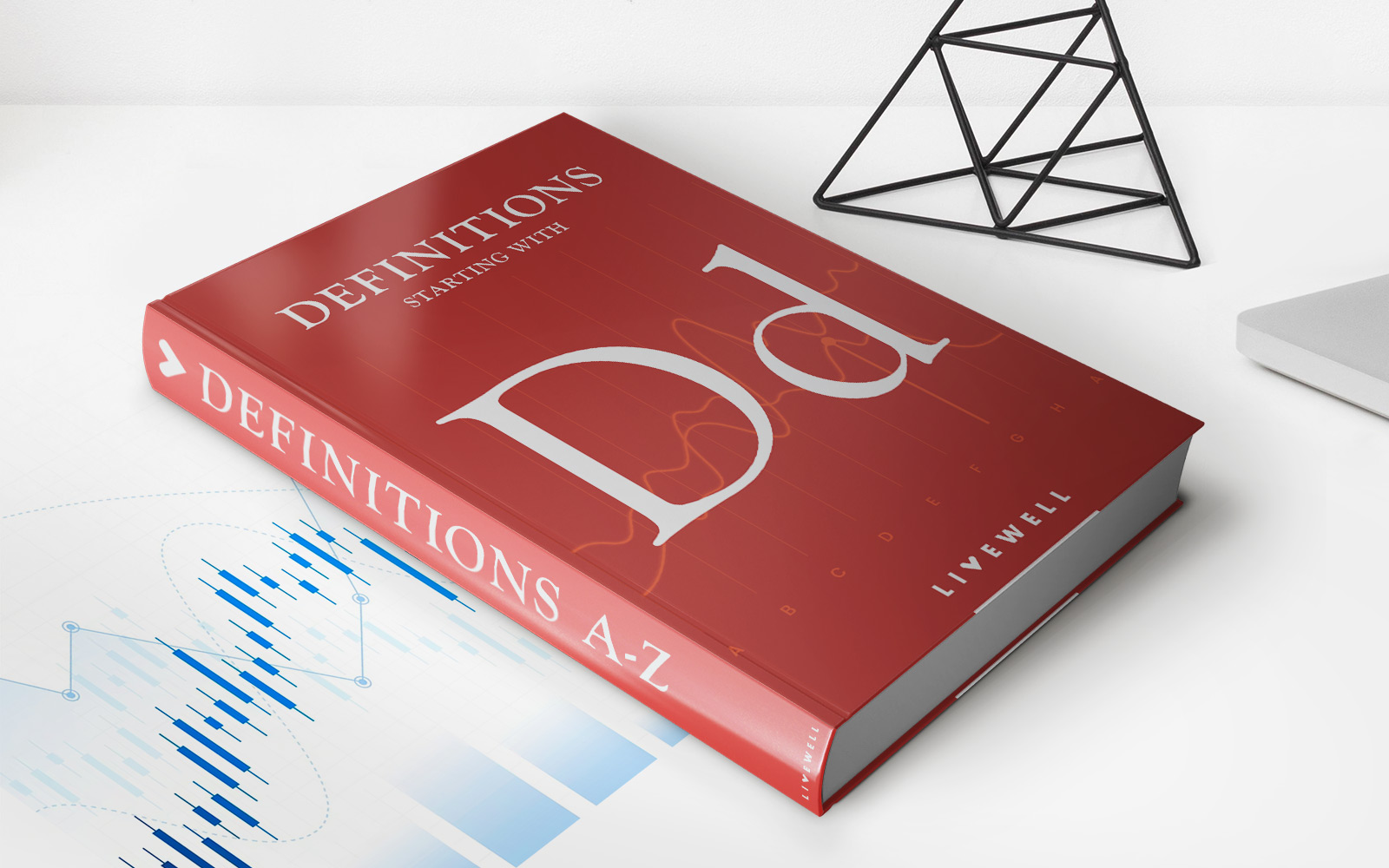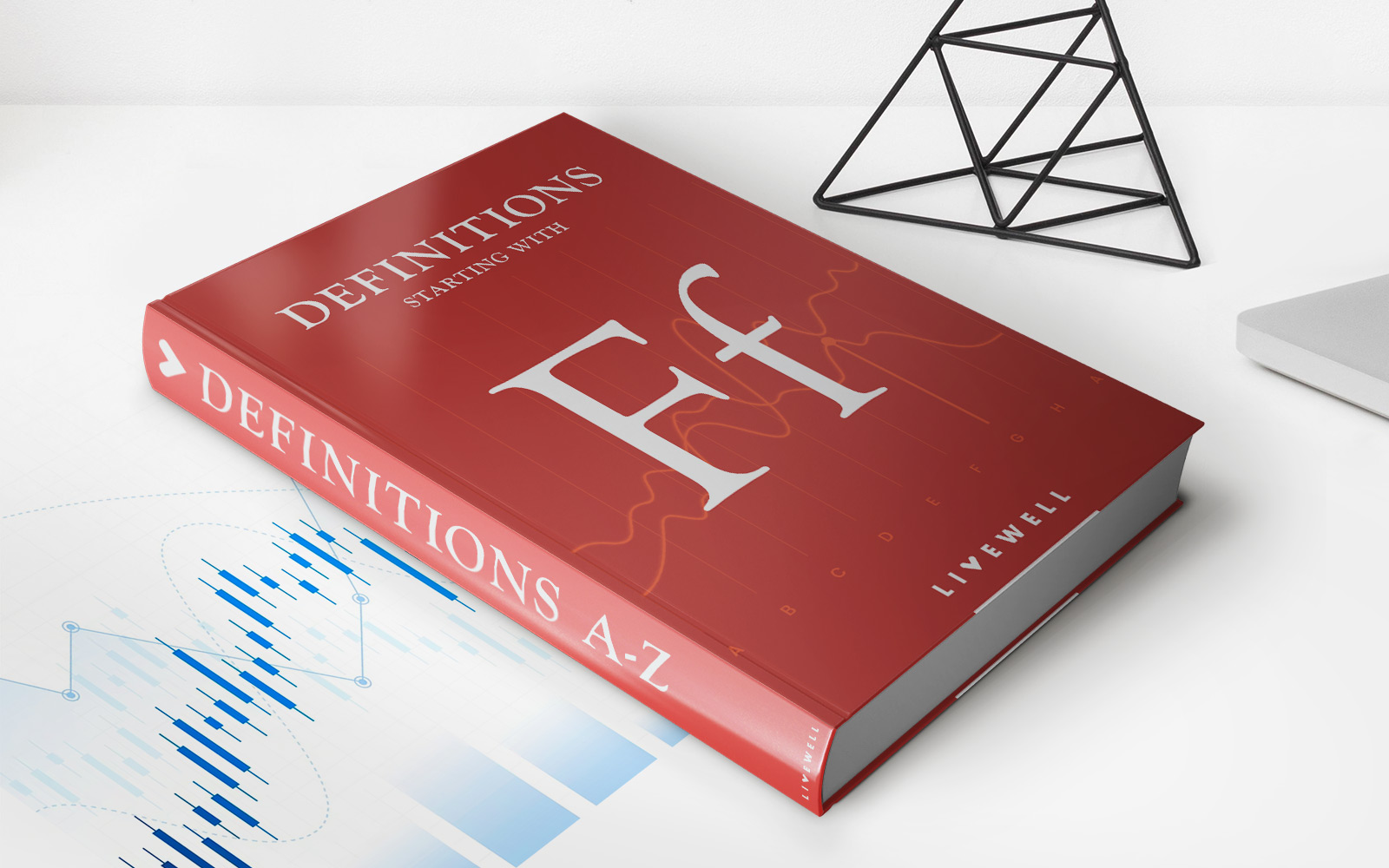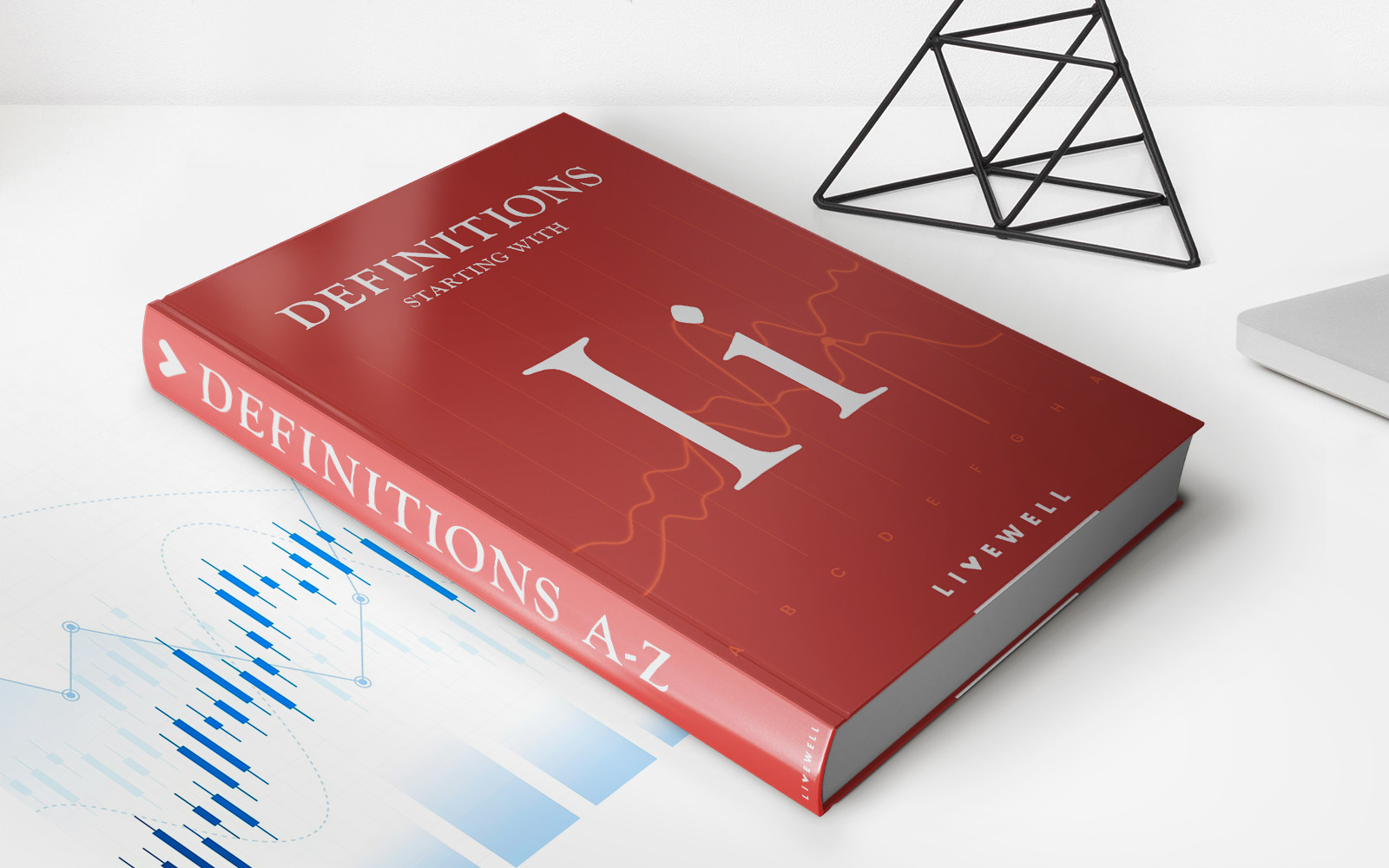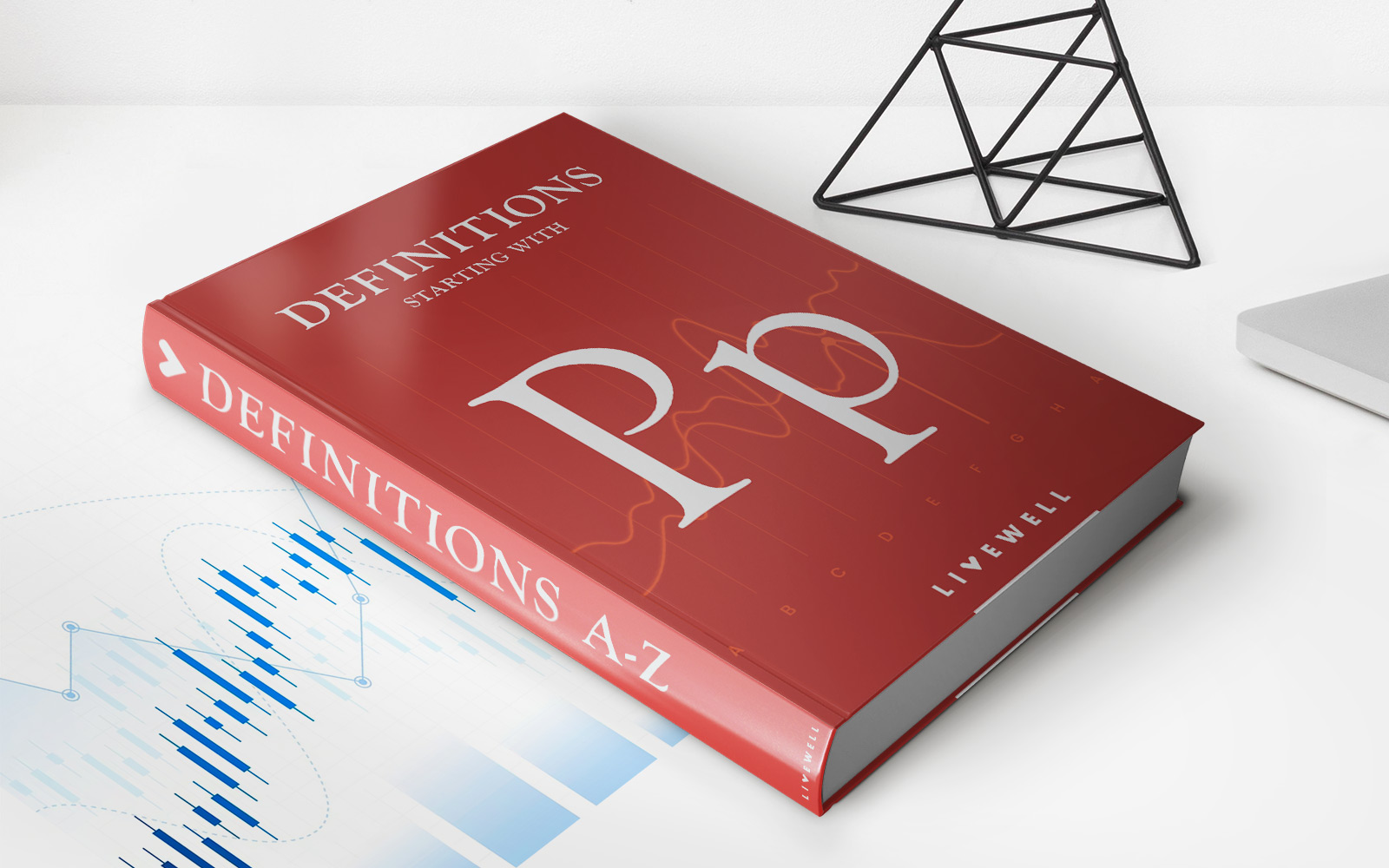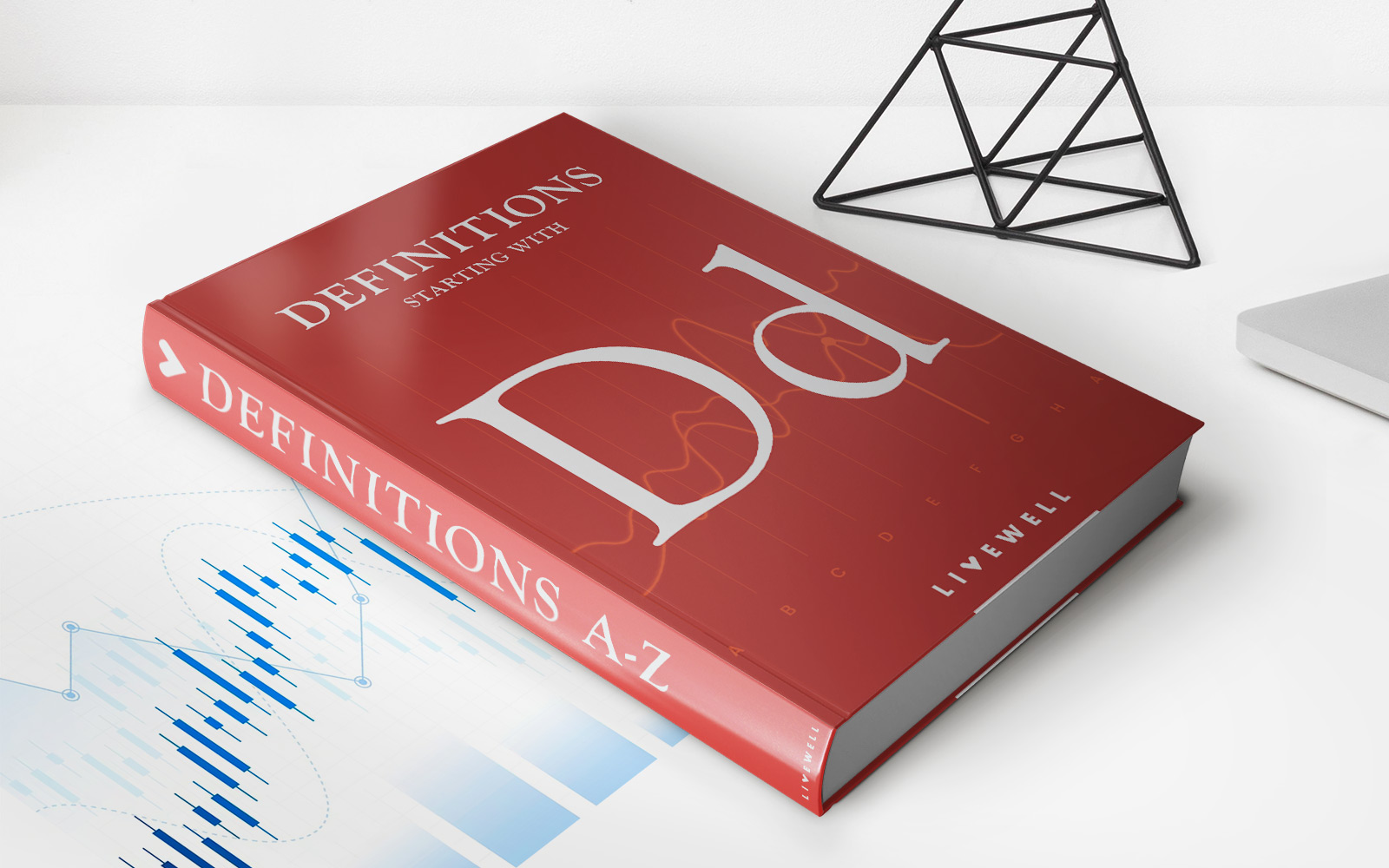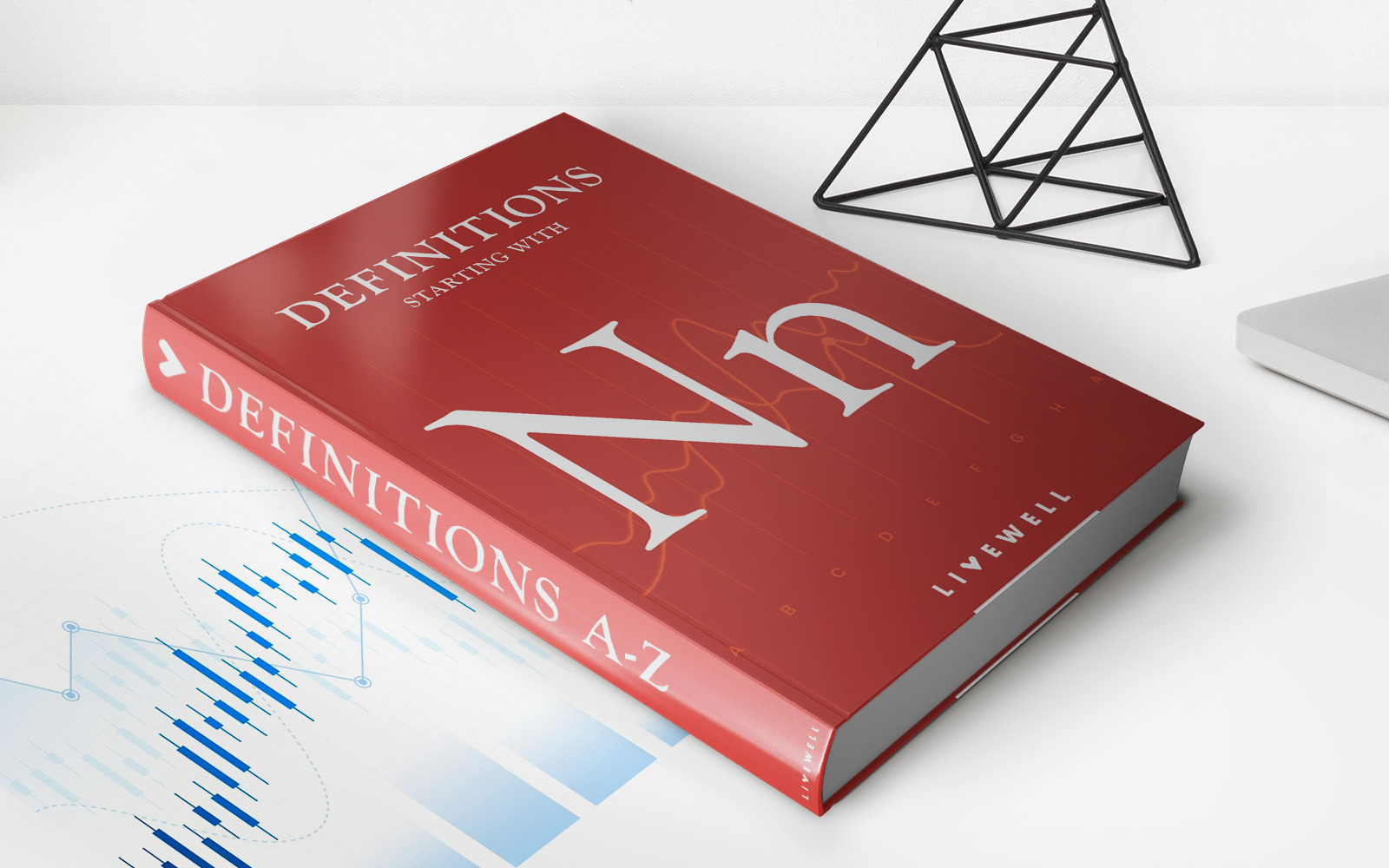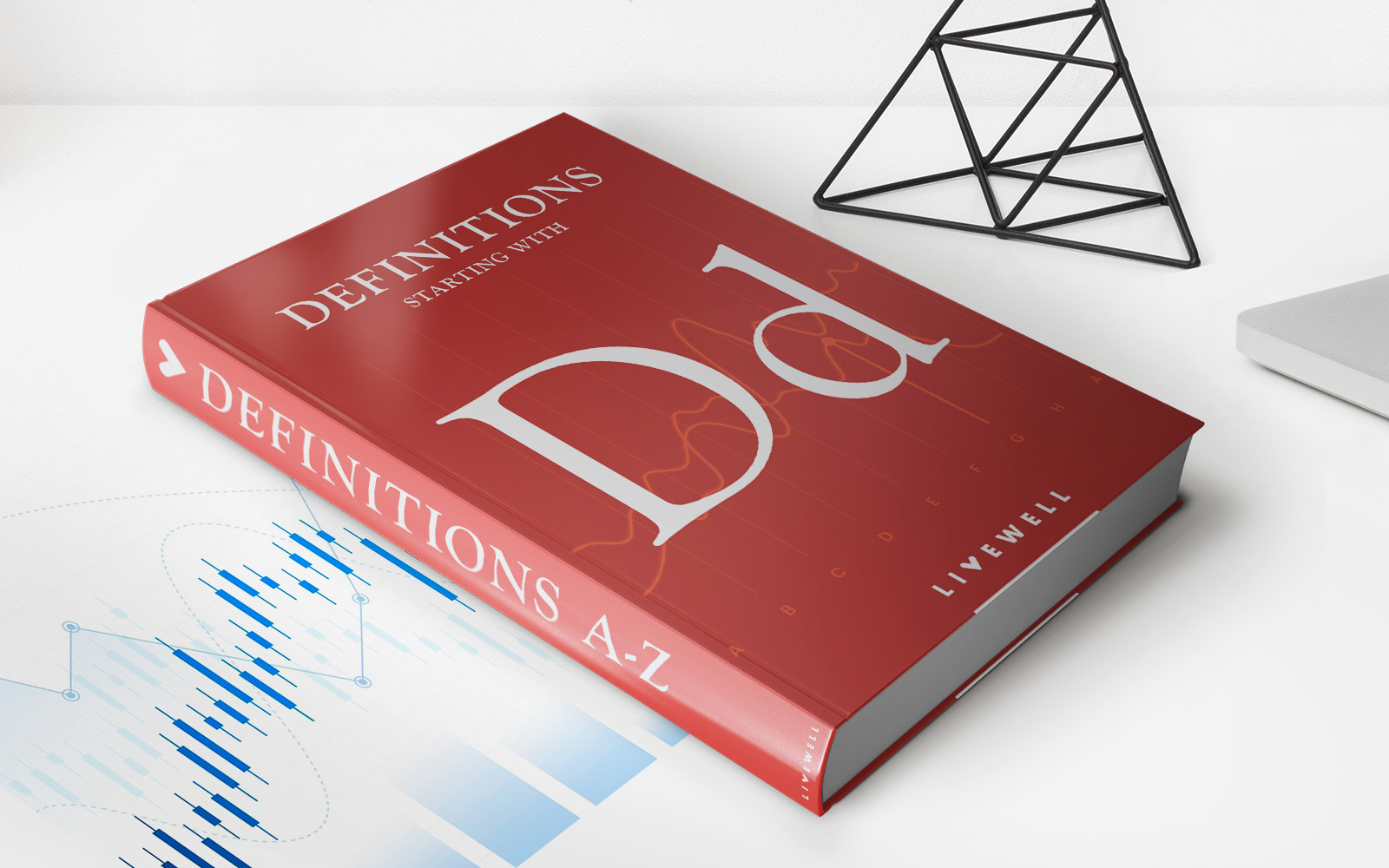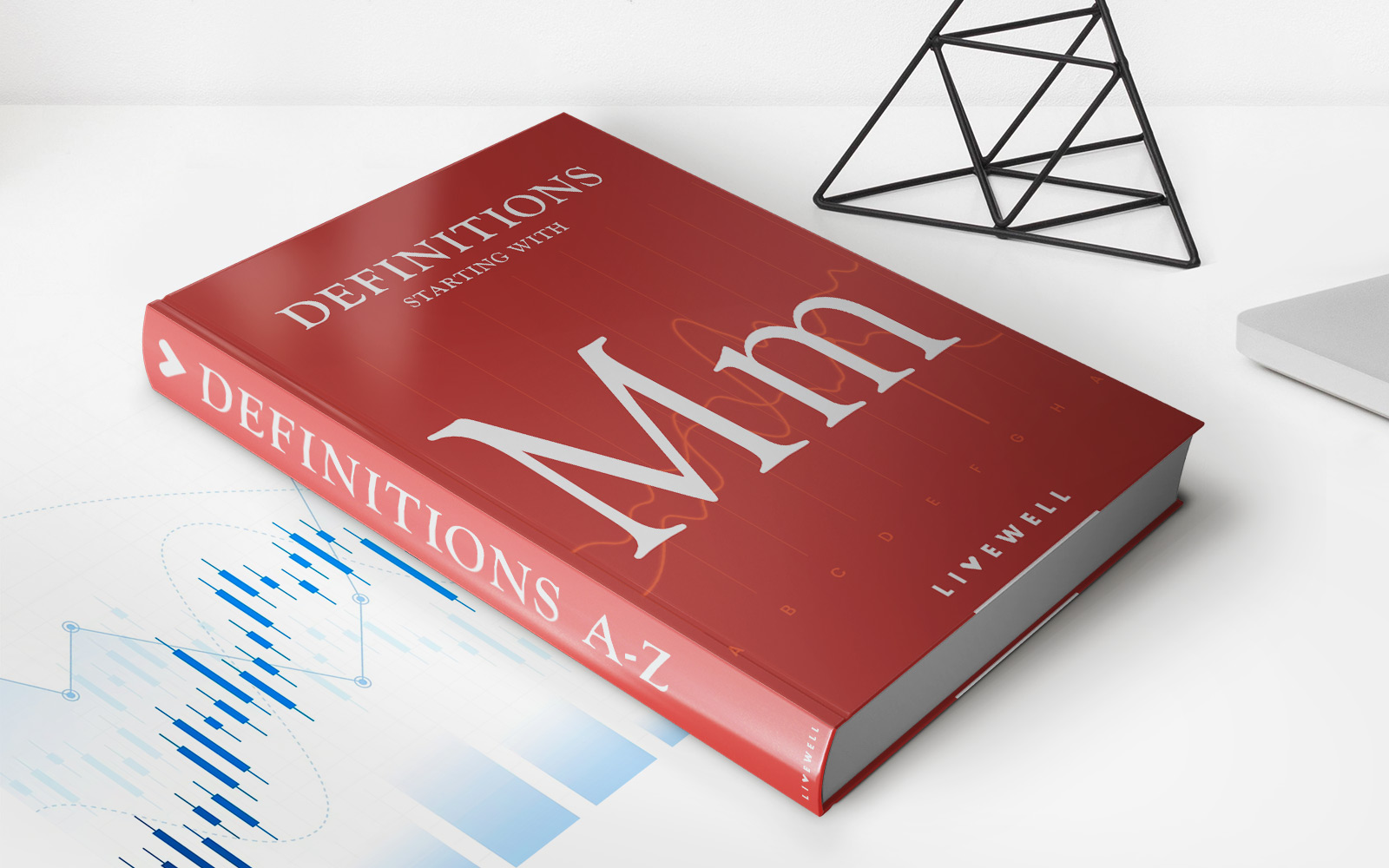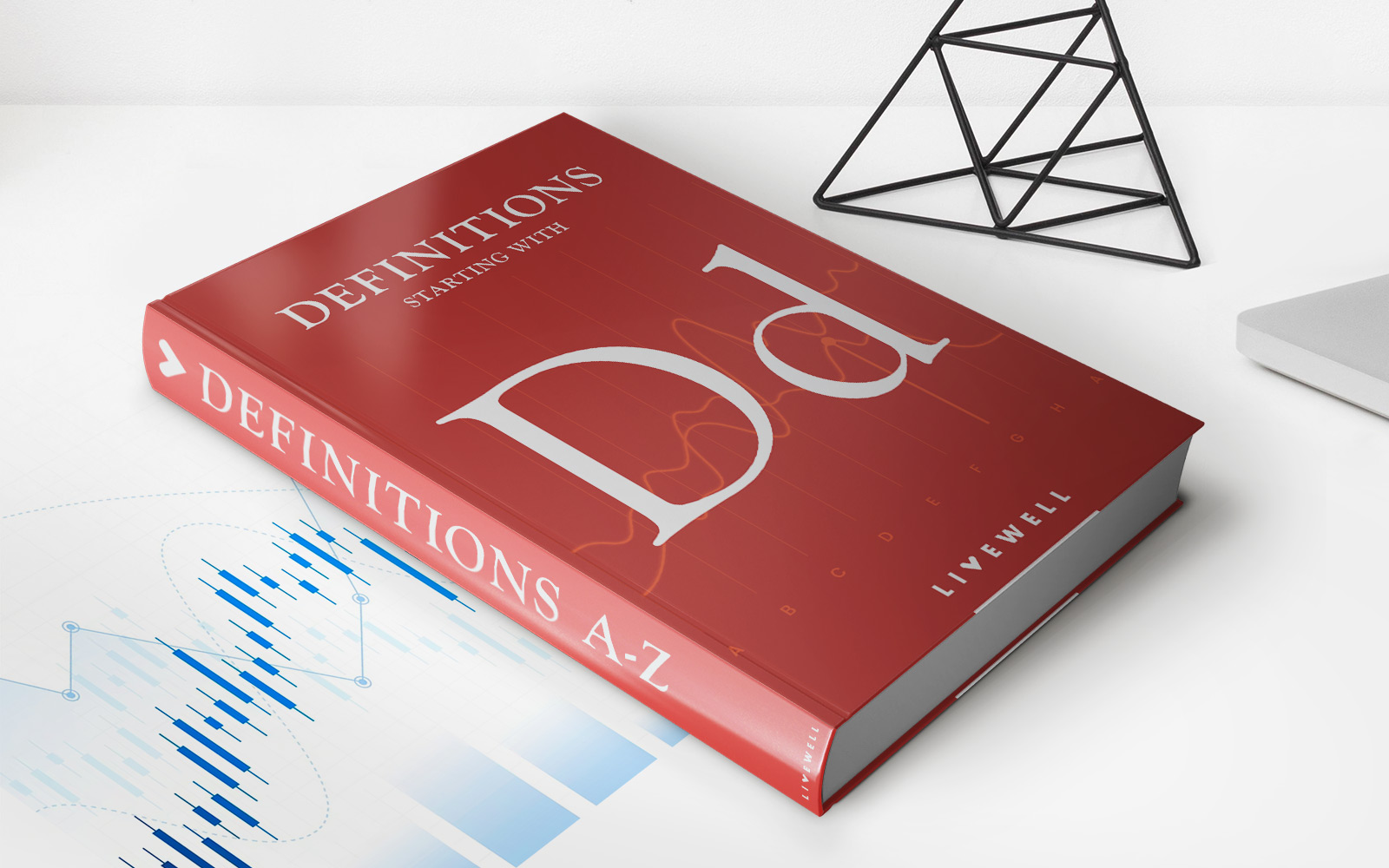

Finance
Discretionary Income Definition
Published: November 12, 2023
Looking for the meaning of discretionary income in finance? Discover how discretionary income is defined and its significance in personal finance.
(Many of the links in this article redirect to a specific reviewed product. Your purchase of these products through affiliate links helps to generate commission for LiveWell, at no extra cost. Learn more)
What is Discretionary Income?
Welcome to our Finance category, where we dig deep into topics that help you make smarter monetary decisions. In this article, we will discuss a fundamental concept in personal finance: discretionary income. Have you ever wondered how much money you truly have left after covering your essential expenses? That’s exactly what discretionary income represents – the amount of income available for spending on non-essential items once necessary costs are taken care of.
Key Takeaways:
- Discretionary income is the money remaining after paying for essential expenses such as rent/mortgage, utilities, food, and transportation.
- It gives you the freedom to spend on non-essential items, save for the future, or invest in personal goals.
Discretionary income is an important financial metric because it provides insight into your capacity to pursue your financial goals beyond meeting basic needs. By understanding how much money you have available to spend or invest at your discretion, you can make more informed decisions to enhance your financial well-being.
Calculating Discretionary Income
Calculating your discretionary income is a relatively straightforward process. To begin, list all of your monthly income sources, including salary, bonuses, side hustles, or investment returns. Next, deduct your essential expenses, such as housing, utilities, groceries, transportation, healthcare, and debt payments.
Once you have subtracted your essential expenses from your total income, what remains is your discretionary income. This is the money you have the discretion to allocate toward non-essential items, savings, investments, or any other financial goals you may have.
Utilizing Discretionary Income Effectively
Having a clear understanding of your discretionary income opens up a world of possibilities. Here are some key strategies for utilizing your discretionary income effectively:
- Budgeting: By creating a budget, you can allocate a portion of your discretionary income towards specific goals, such as saving for a vacation or paying off debt.
- Investing: Consider using your discretionary income to invest in assets that can grow your wealth over time, such as stocks, bonds, or real estate. Consult with a financial advisor to find the best investment options for your specific goals and risk tolerance.
- Retirement Planning: Having discretionary income provides an opportunity to bolster your retirement savings. Consider contributing to tax-advantaged retirement accounts like a 401(k) or an Individual Retirement Account (IRA) to secure your financial future.
- Experiences and Enjoyment: It’s also important to allocate some of your discretionary income towards experiences that bring you joy, whether that’s traveling, dining out, or pursuing hobbies. Finding a balance between saving for the future and enjoying the present is crucial for overall financial well-being.
Remember, discretionary income is a valuable resource that can help you achieve your financial goals and live a more fulfilling life. By understanding how much money you have left after essential expenses, you can make informed decisions about your spending, savings, and investments.
In Conclusion
Discretionary income is the amount of money remaining after essential expenses have been deducted from your income. It represents your financial freedom to spend, save, or invest in non-essential items or pursue personal goals. Understanding and effectively utilizing your discretionary income is crucial for achieving financial security and enhancing your overall well-being. So, take the time to calculate your discretionary income and make informed decisions about how to maximize its potential.
